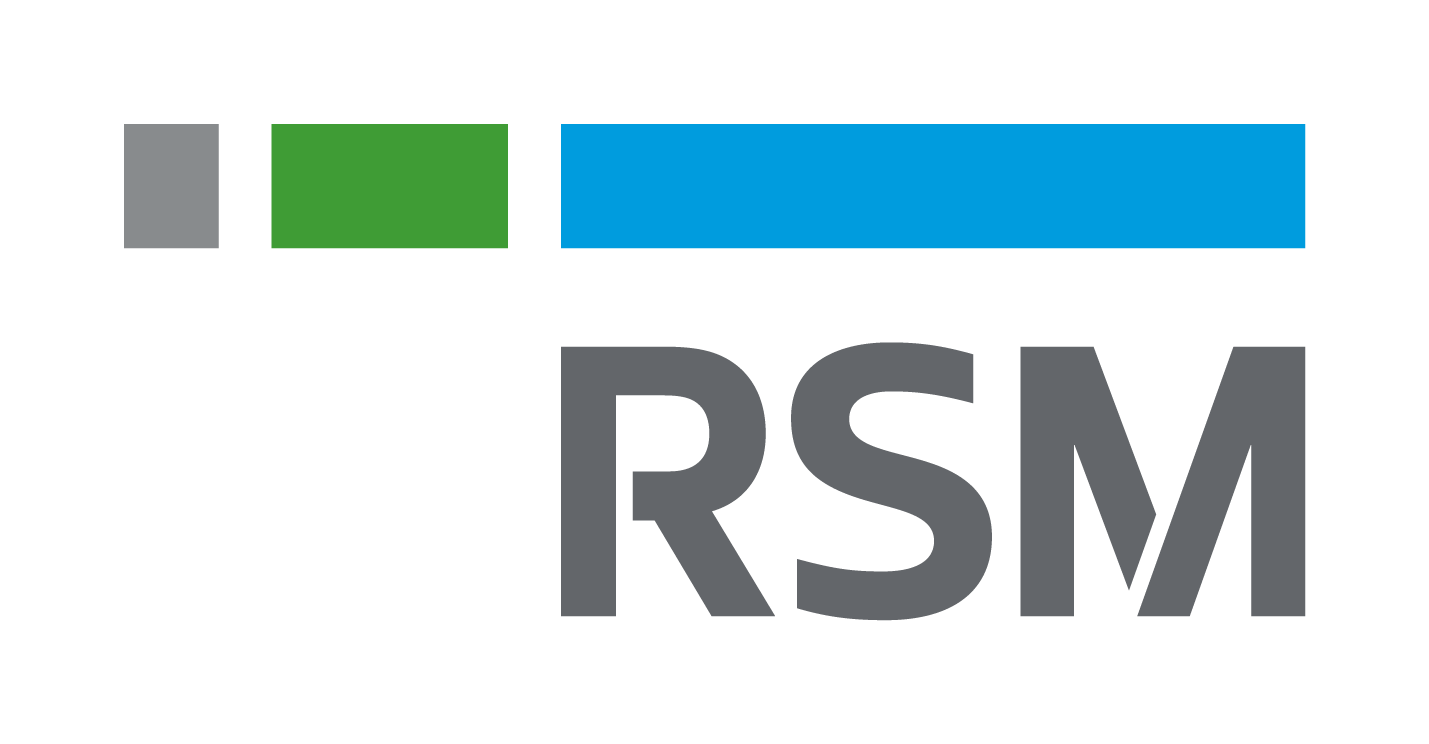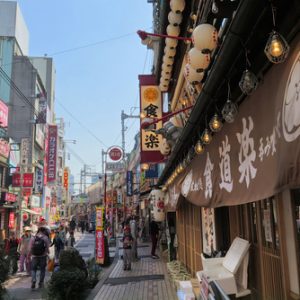Entering the World of Restaurant Management in Japan: Key Considerations for Foreign Nationals
August 8, 2023
Running a restaurant in Japan is a venture that foreign nationals often contemplate. This page provides insights into restaurant management by foreign nationals.
Status of Residence Considerations
It’s crucial to consider the implications of your Status of Residence when managing a restaurant in Japan. If you hold the Status of Residence “Business/Management,” you should be aware that you are not permitted to engage in cooking, even if you possess culinary expertise or cooking skills. Likewise, serving customers or operating a cash register is also prohibited. Consequently, if you intend to manage a restaurant under the Status of Residence “Business/Management,” you must employ someone dedicated to cooking and serving customers. This is a vital aspect to keep in mind.
Property Lease Agreements
When establishing your restaurant business, securing a suitable location is essential. However, foreign nationals may encounter challenges in this regard. Language barriers may hinder negotiations, and landlords may demand a one-year deposit, which could pose financial difficulties. Furthermore, when renting as a company, unless there is a resident foreign national or someone with an appropriate Status of Residence serving on the board of directors, the lease might be declined, or a guarantor may be required. Overcoming hurdles such as language, finances, and personnel can be a formidable task when seeking to lease a property.
Restaurant Permits and Licenses
Operating a restaurant as a company entails various regulatory requirements. Besides establishing your company, you must obtain a Business License Certificate from the public health center. To secure this permit, you must appoint a food hygiene manager responsible for maintaining the restaurant’s hygiene standards. During the application process, a public health center representative will visit your restaurant to assess facility compliance. This necessitates interior renovations to meet facility standards before applying for the permit. Specific requirements can vary depending on the jurisdiction of the public health center, so it’s advisable to consult with them in advance.
The restaurant industry, although it may appear straightforward for foreign nationals to introduce cuisine from their home country, involves intricate procedures for establishment. Moreover, substantial expenses are incurred upfront, including interior construction, staff salaries, and food purchases. Unless you possess ample financial resources, launching a restaurant can be a significant challenge.
Furthermore, it’s important to note that the restaurant industry in Japan has a higher closure rate compared to other businesses. Approximately 70% of restaurant businesses close within three years of opening, with only about 10% surviving beyond a decade. Managing a restaurant is more demanding than it may seem, so careful preparation and due diligence are imperative for those aspiring to embark on this culinary journey.







